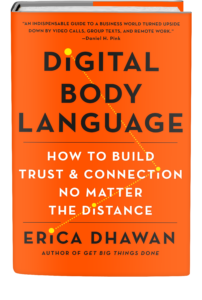
Image courtesy of FreeDigitalPhotos.net
We all know them. That one person who is not just a great leader, but who also makes a lasting impact. We remember them, follow them, and reference their thinking long after our connection with them is over.
What is it that makes such a great leader? What do they have that others don't? I've been lucky to meet many great leaders and discovered they all share these twelve characteristics.
So, here are 12 things YOU can do to become a great leader:
1. Pick your fights. Don’t waste your resources. Its important to stand up for your ideals, but don’t keep fighting when its draining you and it doesn't really matter.
2. Work with exceptional people. Everything is about benchmarking. If you bring a great group of people together, they will even become better by the benchmark they have within the group.
3. Don't let the world beat you down. The best characteristics of a leader are being optimistic and naive.
4. Decide quickly. A bad decision is better than no decision. We learn by doing, instead of inaction.
5. When asked for advice, sometimes the best advice is to not to give any advice. Usually when others ask for your advice, they already know the solution, but they just need a bit of confidence or some coaching to get there.
6. Focus on the things you can control. Those who focus on the things they cannot control become cynical. Choose what you focus on by what you can control.
7. Be vulnerable. In a recent TED Talk, shame researcher Brene Brown shares that vulnerability is our ability to tell our true story and not to fear rejection. Moreover, it’s the understanding of ourselves as imperfect that makes us brave. Vulnerability enables connection more than anything else.
8. Choose curiosity over confidence anyday. Live with a questioning mind and you'll never believe where you go.
9. Accept that you can do everything perfect and fail and you can everything wrong and succeed. Life isn't fair, it's the plain truth, some get lucky and some don't. It's up to us to let the journey guide us..and learn from it.
10. When looking for great people, choose hunger and excitement over experience. Never choose people who think they are 'doing you a favor.' Find people who are excited to work with you.
11. Don't wait to ask, to test and incubate new ideas. Read Why Asking is your #1 Strategy for Success for more.
12. Don’t Ask for a No. When you think something is the right thing to do, just do it. You don't need approval from anybody, just you.
Which of these traits are most important to you?






